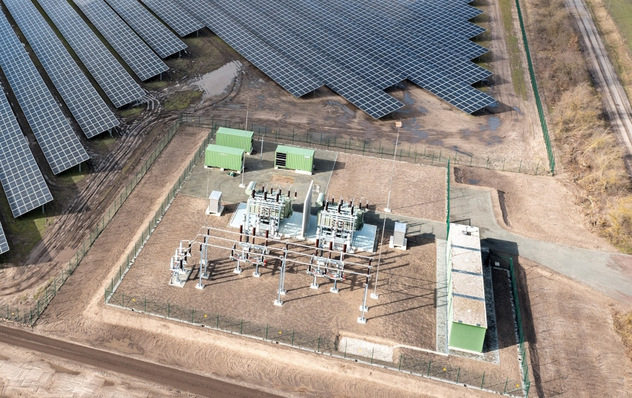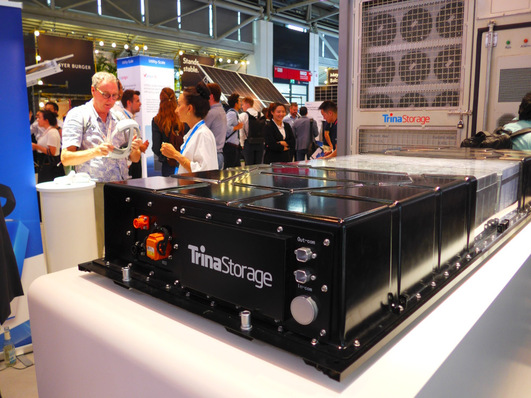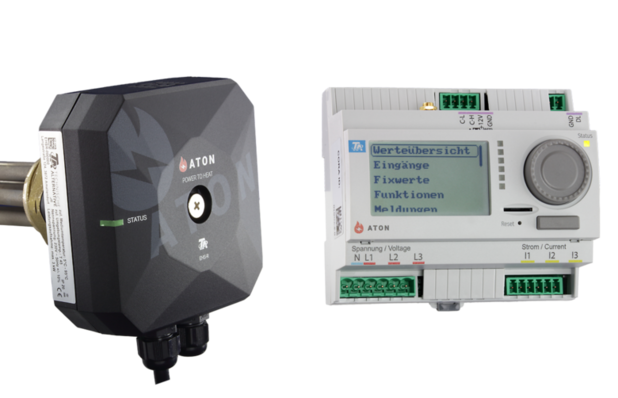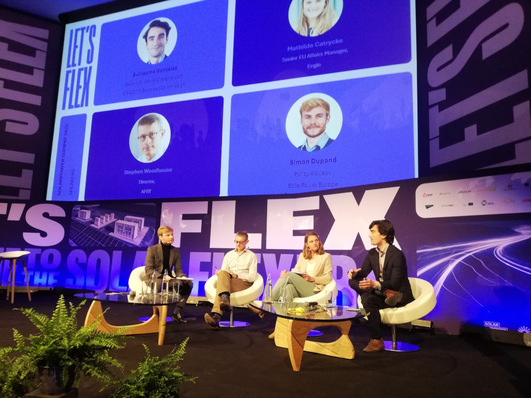This was achieved through an innovation project with EIT InnoEnergy, one of Europe's largest investors in sustainable energy innovations. As part of the innovation project, EIT InnoEnergy has also provided around three million euros of funding to HPS.
Consisting of a battery, an electrolyser, a hydrogen fuel cell and hydrogen storage, the HPS Picea combines several of the most promising new developments in the energy industry into one package - unlocking a level of energy autonomy not seen in a consumer product: 100% off-grid clean and CO2 free energy, year round, plus, up to 50% cost savings on heating by using waste heat.
Issues around PV being seasonal in nature
With around 100 times larger storage capacity (up to 1500 kilowatt hours) at 30% of the specific cost compared to other commercially available home batteries, the Picea system drastically increases the benefit of a home photovoltaic installation. While all of the technologies included in Picea are proven to be useful in their own right - many of them are proprietary to HPS - it is the seamless integration that delivers the most powerful punch - doing away with the usual issues of rooftop PV being seasonal in nature.
See also this article:
Renewable hydrogen key for the decarbonisation of European industries
The joint innovation project with EIT InnoEnergy has successfully removed barriers for making Picea commercially available at large scale. Besides the funding, this has been achieved through further extensions of HPS' intellectual property, successful implementations with pilot customers, building of a pilot production line at HPS' Berlin headquarters, onboarding manufacturing and distribution partners plus laying the foundation for the planned European expansion.
From working prototype to large-scale commercial product
"We are pleased with the significant leap forward made since starting our collaboration with EIT InnoEnergy in 2019," said Zeyad Abul-Ella, Managing Director of HPS. "Jointly, we have managed - vastly ahead of our initial schedule - to take Picea from a working prototype to a large-scale commercially available product. One of the biggest challenges of PV has always been the variability of it. With our system not only do PV installations gain short term energy storage in the form of a battery, but the on-board production of green hydrogen and an included fuel cell essentially removes the limits that once plagued PV. This breakthrough technology combined with the market access provided through InnoEnergy's ecosystem will enable us to expand quickly beyond our home market in Germany."
And the timing could not be better. As the future of Europe's energy industry is more uncertain than ever, Picea will offer the opportunity for millions of households to take their energy production and use into their own hands. In Germany alone, 36% of the population lives in detached, or semi-detached homes - Picea will enable those households to strive for energy independence, while contributing to the sustainability and security of the European energy market as a whole. In Germany and selected further European markets, HPS estimates foresee a potential of up to 1.5 million installations in the homeowners' segment, amounting to a total addressable market of 37 billion euros.
Potential in other segments of the building sector
"One of the biggest questions is: How can we ensure that we come out of the current pandemic and economic crisis more sustainable and resilient than we were before? With Europe setting the agenda with the Green Deal, investments in the energy efficiency of our homes should be considered top priority. And the building sector offers a huge lever to tackle exactly that challenge," said Christian Müller, CEO of EIT InnoEnergy Germany. "Working with HPS is particularly exciting because the value offered by their Picea system is so tangible. Putting battery, fuel cell and hydrogen storage technologies together in one package brings enormous benefits to homeowners, helps to bring down CO2 emissions and has massive potential in other segments within the building sector as well."
The Picea system is already available to owners of single-family homes in Germany. Additionally, distribution partners like GASAG, a German energy service company, are preparing to offer Picea to their customers in the near future. Marketing will initially focus on Germany, Austria, and Switzerland. A European rollout is planned for the near future, with a global launch to follow soon after. The production of up to several thousand units per year is carried out by contract manufacturer Zollner Elektronik AG.







